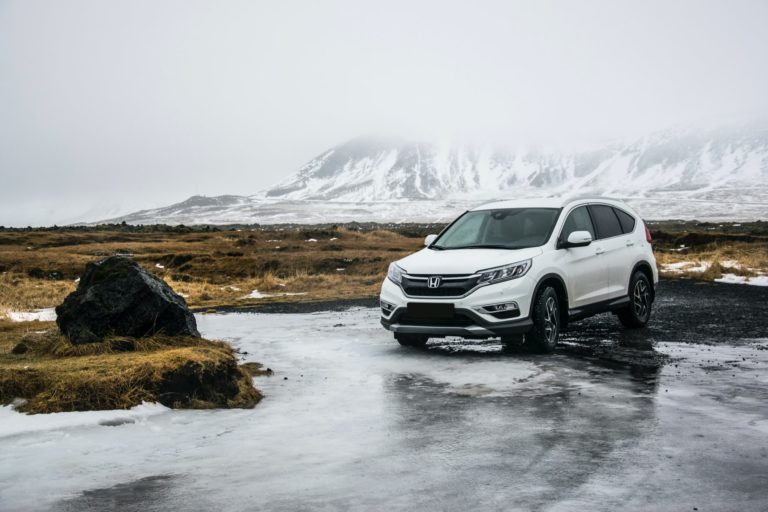The last thing you want to worry about after being in a car accident is whether or not you’re covered. There’s a difference between liability and comprehensive car insurance, and it’s important to find out ahead of time what those differences are so that you aren’t surprised when it’s too late. To learn more about what comprehensive car insurance covers, read on.
What is fully comprehensive car insurance?

Drivers often get confused about the difference between collision and liability and comprehensive insurances. The answer is more simple than it might appear. Comprehensive car insurance is the broadest type of insurance you can buy. It covers repairs, vehicle replacements, and more after theft, damage, or accidents. This insurance can also include rental car coverage for while your car is being fixed or while you are shopping for a new vehicle. Because it offers more than basic collision insurance, it can be more expensive.
Some states and auto finance companies require comprehensive coverage. Certain occupations where employees are expected to use their own vehicles to transport people or packages can require this too. For many, comprehensive car insurance is simply an option drivers favor for ultimate peace of mind. The idea is simple: you invest a lot in a vehicle and want the security of knowing that you won’t suffer a financial loss should your vehicle be stolen, vandalized, or damaged in an accident.
Is comprehensive car insurance worth it?

Whether you use your vehicle to ward off the boredom of being at home or you need it for work, school, or other important vocational, educational, or even medical transportation needs, car insurance is a normal expense that comes along with owning a car. For those who depend on their cars for income or to stay connected, comprehensive insurance and the additional costs of being fully covered can be worth it. In addition to full vehicle replacement coverage, it’s important to know that comprehensive insurance also contains personal injury coverage as well as medical payments in the event of bodily damage. This is something to consider in conjunction with your medical health care coverage, and comprehensive might be the way to go if your coverage is lacking in that area.
While this type of insurance can be harder on the wallet in some areas, there are other ways it could save you money. For example, cracked windshields or contact with an animal on the road are not covered by all types of insurance coverage. Window replacement can be expensive. So, too, can the damage a car suffers in a hail storm. Items like these are covered with comprehensive policies but not with other types of coverage.
What are other types of insurance?

Nearly all states require drivers to carry minimum liability or collision coverage. This is so that, if they’re ruled at fault in an accident, they’re able to pay for the damage they have done to another driver’s car. While this type of coverage won’t cover your car, it will save you from lawsuits that could bankrupt you if you were to get in an accident that causes serious damage or bodily harm. If comprehensive coverage isn’t for you, or your vehicle simply isn’t worth covering, you’ll want to look into liability coverage to keep legal on the road as well as cover yourself legally in the event of an accident.
At the end of the day, it’s best to do your research. Consider the value of your car, other insurance policies you have, and your state and local laws before agreeing to any type of vehicle insurance. You’ll thank yourself for it down the road.








